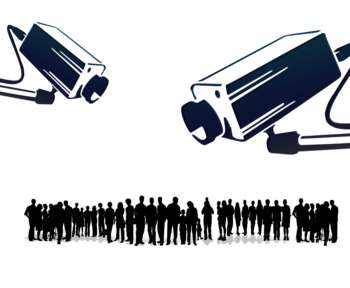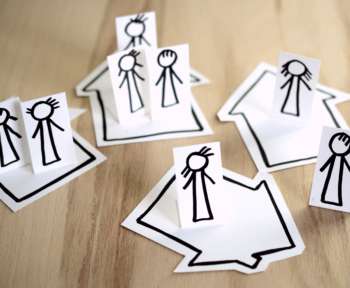The impact of Covid-19 on the media discussed.
These days all we hear is bad news, from politics to climate change to the economy and of course the coronavirus. Why is it, that no good news reaches our ears? And is there even good news to report?
Negativity as stimulation
Well, one problem is that our brains are simply wired to pay more attention to unpleasant news than good news. This is called the “negativity bias”, which helped our ancestors pay more attention and react quickly in life threatening situations, explaining the human psychological tendency to remember negative memories over positive memories, since these were usually the more important and critical ones. Now, this negativity bias is, of course, used by the media industry, since they want to make the most profit. News agencies need to stay competitive and bring out interesting content constantly, but good things need time and improve only slowly. Bad things happen suddenly, so they are better in sync with the news cycle. This means that heavy news consumers end up mis-calibrated and irrational, estimating the frequency of an event on how often they read about it. The most popular topics are war and terrorism, then natural disasters, politics and crime, with entertainment and science attracting the fewest readers.
How to get past the negativity
But all this bad news gets in the way of our happiness, well-being and our productivity. So how can we get past the negativity bias and stop bad news from ruining our day? One small change one can make is not reading bad news in the morning, which automatically pulls the mood down for the rest of the day. The biggest impact on the bad news/good news ratio is the source from where the news is coming from. It is very important that one always gets the information from a reliable source.
If you want to hear some good news for a change, there are many websites with uplifting news, that can help build one’s faith and courage up, especially in these times.










